President Muhammadu Buhari has nominated Akintunde Ibitayo Akinwande, a professor in the electrical engineering and computer science department of the Massachusetts Institute of Technology (MIT), as the executive chairman of the Nigerian Electricity Regulatory Commission (NERC).
Akinwande (pictured) will succeed Sam Amadi whose tenure ended in 2015.
Babatunde Fashola, minister of works, power and housing, had preferred Olasupo Shasore, who was once attorney-general under him as governor of Lagos.
Shasore was one of the aspirants reportedly supported by Fashola for the APC governorship ticket in the state in 2015.
Advertisement
He and Femi Amzat, Fashola’s commissioner for works, were defeated by Akinwunmi Ambode, the preferred candidate of Bola Tinubu, a national leader of APC.
Ambode went ahead to win the election, but the relationship between Tinubu and Fashola has not improved since then.
Lagos axis
A presidency insider told TheCable that Shasore, a senior advocate of Nigeria, could not be picked because “the president does not want anything that will stoke tension in the Lagos axis again”.
Advertisement
It was widely reported last year that Tinubu did not support the appointment of Fashola as minister because of their strained relationship.
Bello Suleiman, an engineer and former minister of mines, power and steel development, was also suggested for the NERC slot but Buhari was not well disposed to him, TheCable understands.
Suleiman was minister in the Abdulsalami Abukakar military administration and became the MD of the National Electrical Power Authority (NEPA) – the predecessor of Power Holding Company of Nigeria (PHCN) – under President Olusegun Obasanjo.
Diaspora delight
Presidency insiders told TheCable that Buhari personally sought out the NERC nominees as he is doing in critical areas of his administration.
Advertisement
“The president’s expectation is that with more professionals in his team, including those from the Diaspora, he will be able to deliver the goods in these critical areas,” a senior official said.
NERC, which regulates the power sector, is key to the resolution of the electricity crisis as the government has already privatised distribution and generation entities.
Only transmission is still under the control of the federal government and it is currently being managed by Manitoba of Canada on contractual basis.
Buhari sent the names of the nominees to the senate for confirmation before they embarked on their long recess on Thursday.
Advertisement
The New Commissioners
Akintunde Ibitayo Akinwande: He is a professor in the electrical engineering and computer science department of the Massachusetts Institute of Technology, Cambridge, MA. He received a B.Sc. (1978) in electrical and electronic engineering from the University of Ife, Nigeria, a MS (1981) and Ph.D. (1986) in electrical engineering from Stanford University, Stanford, California, according to his academic profile.
He joined Honeywell Inc. in 1986 where he initially conducted research on GaAs Complementary FET technology for very high speed and low power signal processing. He later joined the Si Microstructures group where he conducted research on pressure sensors, accelerometers, thin-film field emission and display devices.
Advertisement
Akinwande joined MIT’s Microsystems Technology Laboratories (MTL) in January 1995 where his research focuses on micro-fabrication and electronic devices with particular emphasis on smart sensors and actuators, intelligent displays, large area electronics (macro-electronics), field emission & field ionization devices, mass spectrometry and electric propulsion.
He is a recipient of the 1996 National Science Foundation (NSF) Career Award. He has served a number of technical program committees for various conferences, including the Device Research Conference, the International Electron Devices Meeting, the International Solid-State Circuits Conference, the International Display Research Conference and the International Vacuum Microelectronics Conference.
Advertisement
Akinwande holds numerous patents in MEMS, Electronics on Flexible Substrates, Display technologies and has authored more than 100 journal publications. He was a visiting professor at the Cambridge University engineering department and an Overseas Fellow of Churchill College in 2002-2003. He is a current member of the IEEE Nanotechnology Council.
He is from Offa, Kwara state.
Advertisement
Musiliu Olalekan Oseni (south-west nominee): BSc economics (first class) from University of Ibadan in 2007; MSc energy economics and policy (with distinction) from University of Surrey, UK, 2010 and PhD in business energy economics in 2015 from the University of Cambridge, UK. His doctorate thesis was on “Self-Generation and Payments for Quality of Service in Electricity Markets”.
Dafe C. Akpeneye (south-south nominee): A 2001 law graduate from Obafemi Awolowo University. Currently the Director, Regulatory Services/General Counsel, West Africa for PricewaterCoopers Nigeria.
Okafor Frank Nwoye (south-east nominee): He is a professor in the department of electrical engineering, University of Lagos. He is a specialist in power systems and control.
Sanusi Garba (north-west nominee): Bsc engineering, ABU, Zaria, 1974; master’s in industrial management, University of Birmingham, 1980.
Nathan Rogers Shatti (north-east nominee): Former commissioner for finance in Adamawa state. Fellow of Chartered Accountants, Shatti was formerly with Exxon Mobil in several countries in Europe and East Africa before becoming manager, treasury and banking services in Mobil Oil Nigeria PLC in 2006. He graduated in accounting from ABU in 1990.
Moses Arigu (north-central nominee): Currently the GCS Partner vice-president (capital markets technology and operations), Royal Bank of Canada. Before then (between 2007 and 2010), he was with JPMorgan Chase (Investment Bank, New York). He was also with Credit Suisse (Swiss Bank, New York), from 2005 to 2007.
19 comments
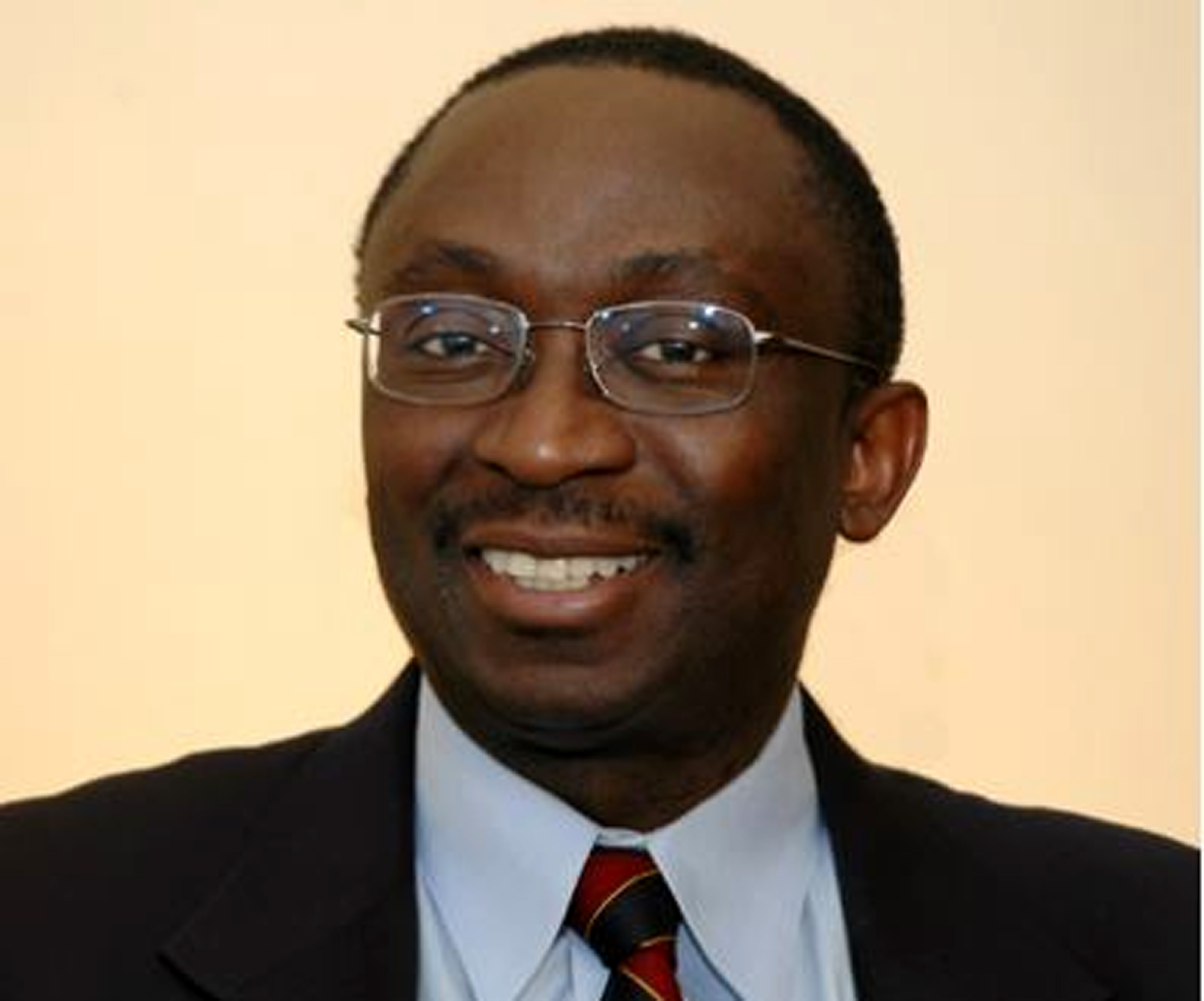
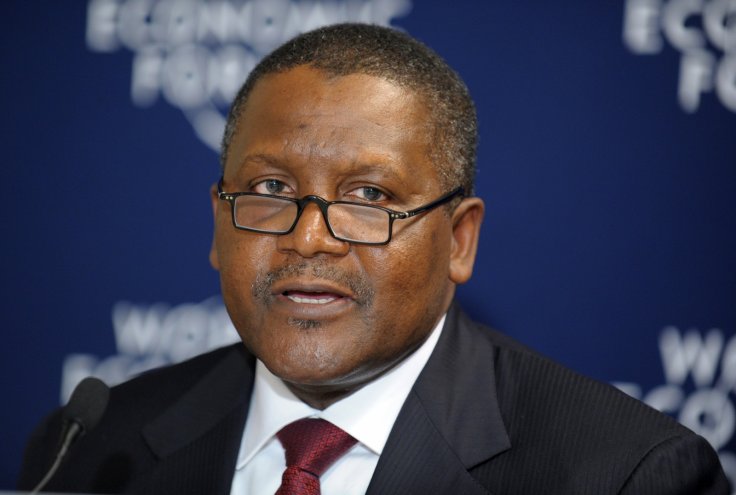

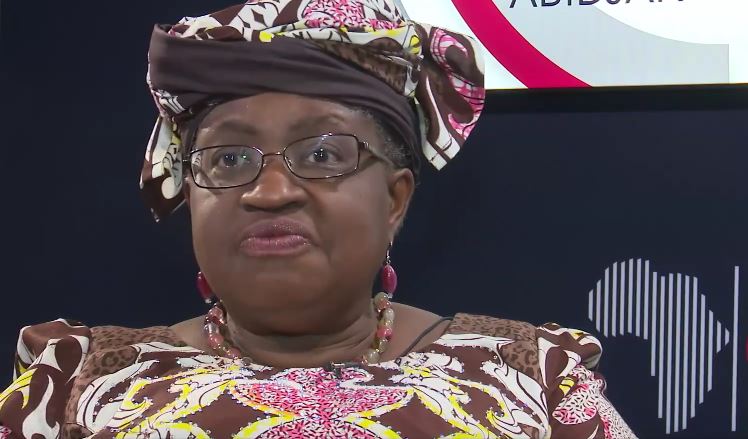
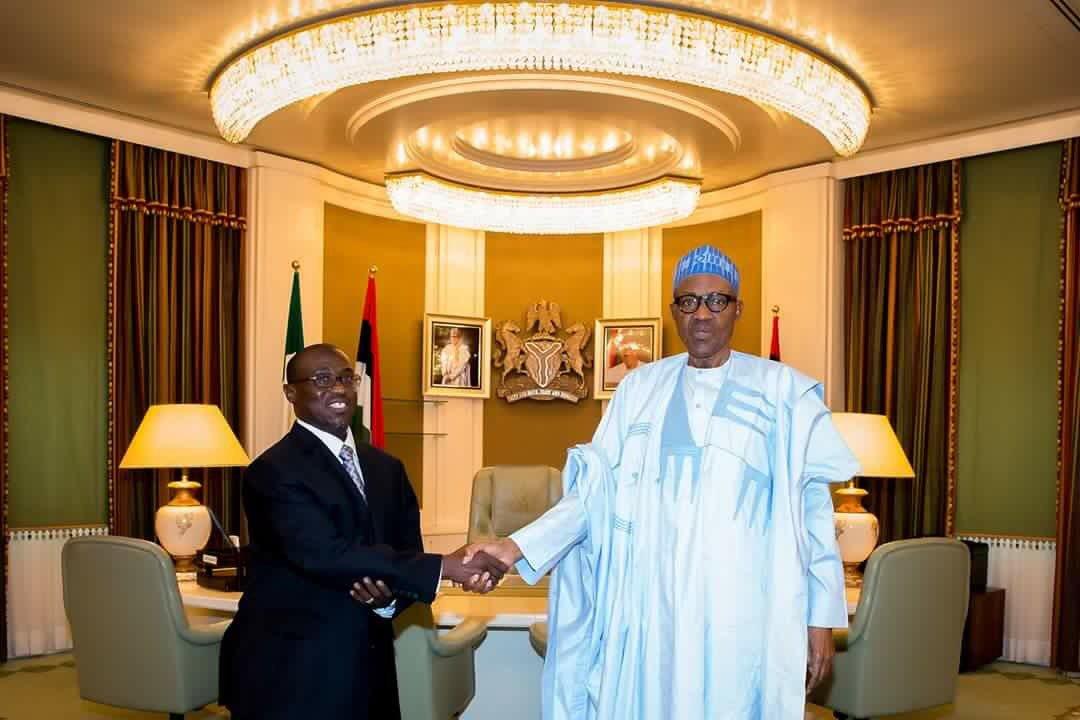
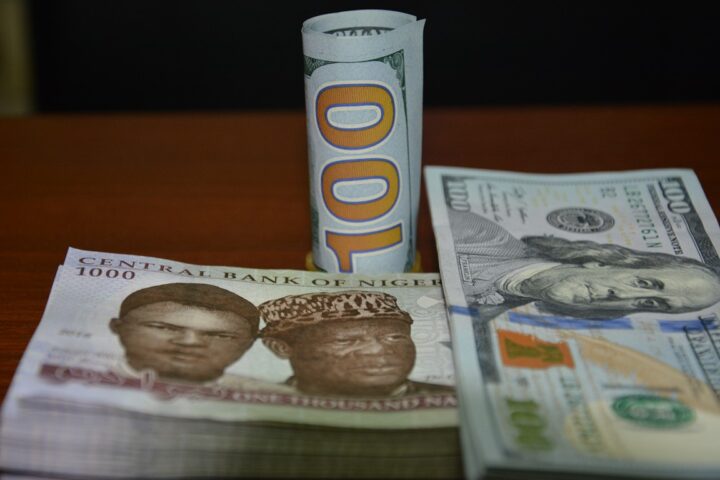
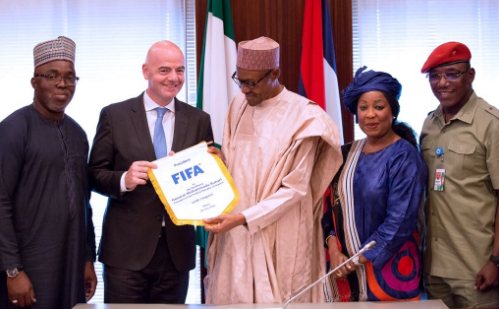
One of the sensible appointments of Buhari devoid of his nepoistic tendency. Square peg in square hole.
The president is striking a good chord in his selections, by picking brilliant minds from a wide areas of the country, and overseas. These choices of his should shore up the key areas where the country needs it the most, electric power generation and delivery. Once this is under control Nigeria the nation will be opened for business, then rapid progress would follow across the nation. Hopefully the jobless would find something to keep them busy instead of wilding about, Boko Harams here, Niger Delta Avengers there, and every other jobless and angry people in between. Devil they say finds work for idle hands. And there are currently loads of those in Nigeria.
I am sorry for the people of Gombe state, our vote, our sleepless night for baba buhari is almost in vain. Even commissioners are not appointed my state. Why Baba.
The appointment we have gotten so far
The list contains list of highly intelligent Nigerian.
We have confidence of them and expect actions to revamp the energy market.
Congratulation.
I entirely agree with you Dikko. It is a relief from the appointment PMB made in the NPA where he posted a 2009 graduate to head such an economic artery of Nigeria. A girl who had not managed any organization before other than shouting BBOG at the unity fountain square. Sanusi Garba from NW is a fine engineer, who managed Katsina rolling mill well. Others are equally fine. We missed a fine engineer though. Bello suleiman would have made a good head of NERC.
The teething problems mitigating the effective functioning of the power sector are political. Irrespective of appointing the best brains to oversee the power sector, so long as the political will is absent in tackling the incessant disruption of gas supply to electricity generation plants, then this appointment is a non-starter.
Nigerian Power Sector needs more than professionals. It needs tested and trusted people like Engr. Bello Alh. Suleiman. This tested and trusted professional should be appointed as the Minister of Power and Steel if at all the current administration is serious about providing lasting solution to the power sector in Nigeria.
I agreed with Mutasahib that experienced hands should be employed
Your comment..yes, I agree you Diko, because Engr Bello is an indispensable product in the success of power in this country.
Bello would have been perfect, but I don’t know the chap appointed but I wish him well. Very glad we are not given another lawyer! The problems are technical,financial and very political
The list is too academical none of the nominee is a regulator before now.Nigerians abroad working in electricity regulatory companies would have brought to blend the picks.NERC is not for first comers.
Chika,
These are management positions. Take for example, there are many compliance and regulatory policies in banks etc. Their positions will be to enforced things, ensure good structures are in place to make things work.
Your comment..good appointments as it were, highly intelligent people are those we need to drive the economy and as well as the power sector which is key driver. more swots and technocrats are out there to make our federal character federal in nature. sei baba.
Like someone is in slumber…Wake Up, Mac!
Your comment..what is required is complete liberalisation of the power sector allowing local government, state government, companies and individuals to invest in the sector. The federal government is holding too much responsibility and nothing is
working. Same should apply to solid mineral sector.
Agreed. Decentralization will result in better accountability, ensure solutions meet local needs, and reduce the complexity and corruption inherent in over-centralization.
All these people! Do they not realize that, whether they like it or not, things must change. Either peacefully or explosively. So, Fasola wanted to bring in ‘his own person’, in the same way things used to be done. That same guy he wanted to be governor instead of Ambode, his mentor’s candidate. Does he know what it means to be a professor at MIT? it’s not the same as bring a SAN o! SAN is a Nigerian status that has no relevance anywhere else except in this country of people who put stock in empty labels. MIT however, has a global reputation for science and technology. A professor from such a prestigious academic bastion is not on the same level as a Nigerian SAN. title that they probably buy anyway. Can you see how power’s been really good for quite a while now? I can and, Į’m enjoying it. It’s usually on throughout the night so, I work through the night since I own my own small business, a brand communications, graphic and web design and marketing solutions firm, Radiant Creative Designs. Me, I’m loving it so far. I’ve been rescued from those demonic generator repairers. My new gen which I bought at Ikota Shopping Complex in February, less than four months after has been messed up by one of the demons. Nothing like real education. Not just certificate.
Hi friends, whoever gets the job is going to work with the EPSR act. It’s the Holy Document of the power sector in Nigeria. Kindly avail yourselves the opportunity to learn more about the document.